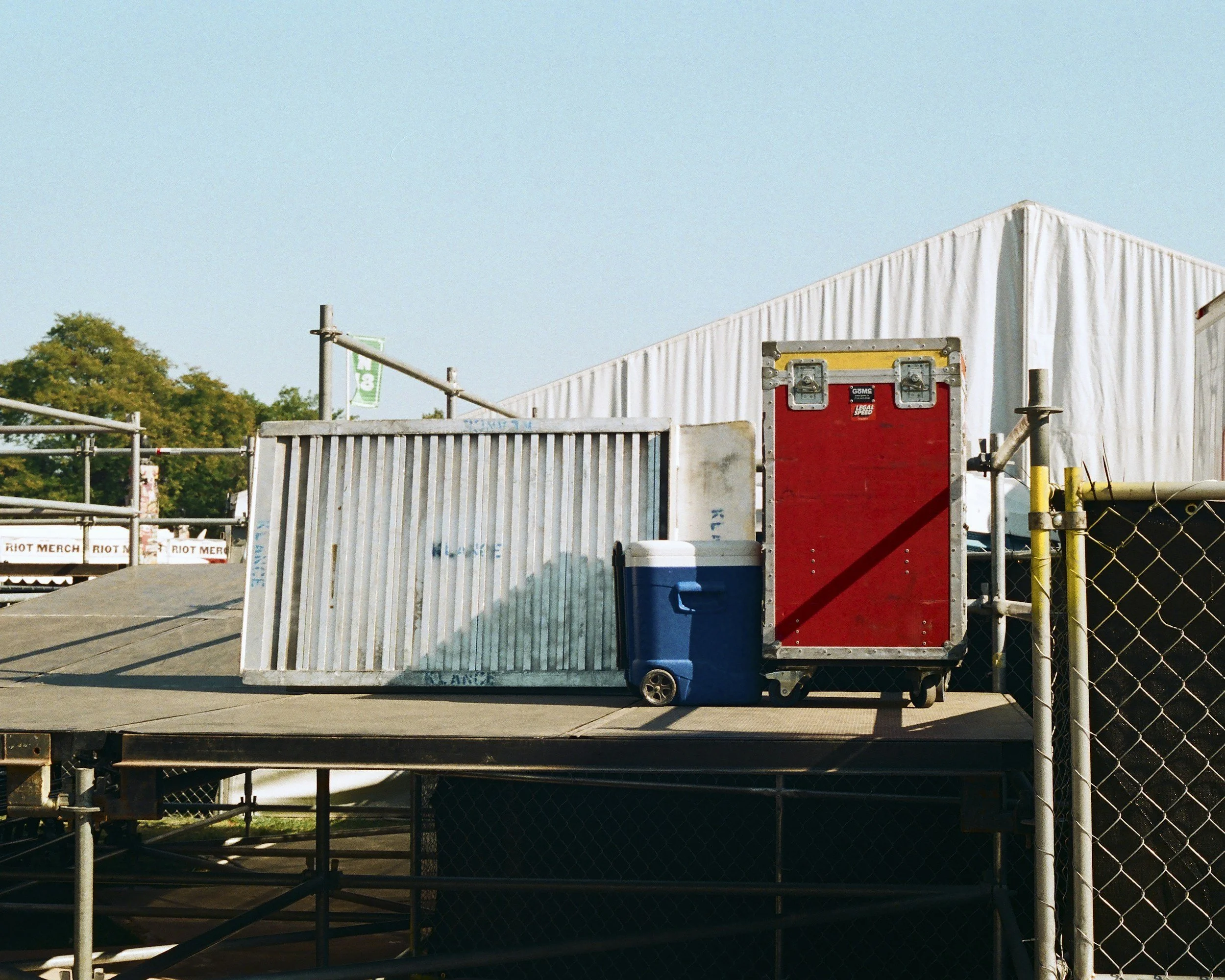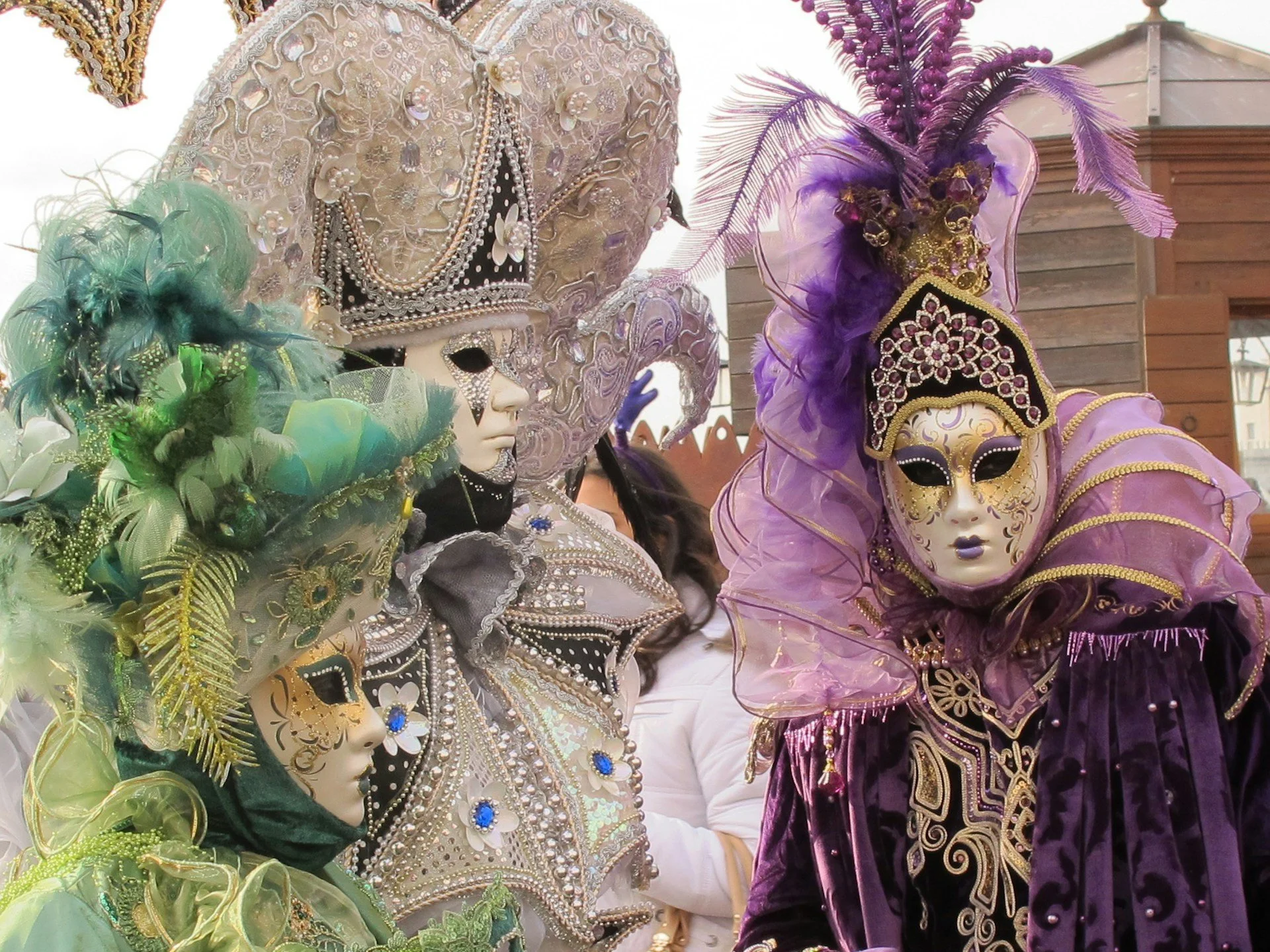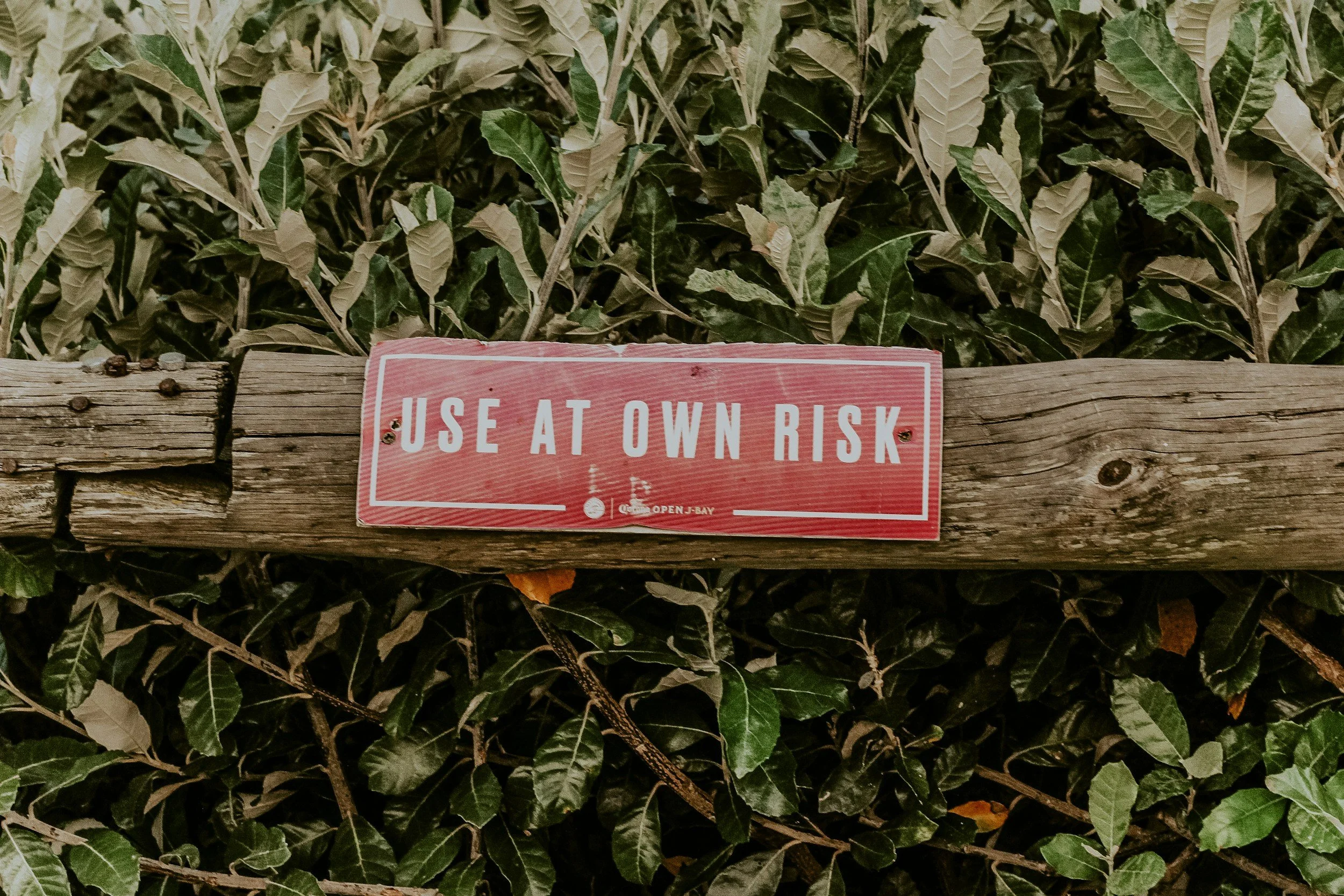The Post-Event Slump: Recovery After Big Events
As event planners, we’re pros at keeping all the balls in the air.
We thrive on fast turnarounds, problem-solving, and pulling off the impossible. But the one thing we don’t prioritise? Ourselves. When the dust settles after an event, we often jump straight into the next thing without stopping to recover.
The Highs, the Lows, and the Unexpected Crash
I just wrapped up a huge event—100,000 people, a 6-hour bump-in, and a 5-hour bump-out. It was fast, intense, and completely took over my life for months.
And then, just like that, it was done.
Even after 24 years in this industry, I still get blindsided by what comes next. Among the relief and celebration, there’s always this weird feeling that sneaks in: a bit of sadness.
Why Do We Feel This Way?
First off, there’s the adrenaline crash. We run on pure energy in the lead-up to an event, and when it’s over, our bodies don’t know what to do with themselves.
Then there’s the sudden emptiness. Every day has been packed with calls, deadlines, and non-stop action. And then? Silence. No emails pinging every two seconds, no urgent fires to put out. It’s disorienting.
I’ve felt this before—not just after events, but after big personal milestones too. A few years ago, I trained for months to hike 80km through Peru. When I got home, I felt… flat. Like, “What now?” Turns out, big projects—whether an event or a personal challenge—come with a transition phase that we often don’t acknowledge.
How to Get Through It Without Burning Out
If you want to stay in this game long-term, you have to make space for the come-down. Here’s what helps:
Lean on your people – Build a solid crew of fellow event pros who get it. Check in with them before you hit a slump.
Take an actual break – Rest isn’t a reward; it’s a reset button. Give yourself time to switch off.
Celebrate properly – Before diving into the next gig, take a moment to appreciate what you just pulled off.
Pro Tip: Give yourself the time and space to recharge. Your creativity, energy, and love for events will be right there waiting when you’re ready.
Let’s Work Together:
I’m not your event manager — I’m your event manager’s expert. Think business coach, but for events. I don’t run your events; I make you better at running them.
Looking for guidance? → See 1:1 Coaching
Shop Event Kit
Created by an award-winning event pro who’s delivered festivals for 100,000+ attendees. No subscriptions, no locked platforms — just real templates in Word and Excel you can use today.
Final Thought: It’s About the Long-Term
Recovering from the post-event slump is crucial for long-term success in event planning.
By taking the time to rest, recharge, and celebrate your achievements, you'll be more prepared to tackle future events with renewed energy. As an event planner, managing recovery is just as important as managing the event itself.
Focus on well-being and don't skip the recovery phase—it’s essential for maintaining your creativity and passion for events.
Starting your own event business? We’ve got you → Start here
You Might Also Like
Meet Your Mentor
Hi, I’m Rachella — founder of Event Kit, and an Event Consultant with 25+ years of experience running world-class festivals and public events. I started Event Kit because I knew there had to be a better way. These are the tools and tips I wish I’d had when I was starting out, and now I’m sharing them with you.
EVENT KIT LIBRARY
Guides & Tutorials: Expert Insights & Event Planning Inspiration
Your go-to for practical event planning advice, from beginner basics to smart professional development.
























